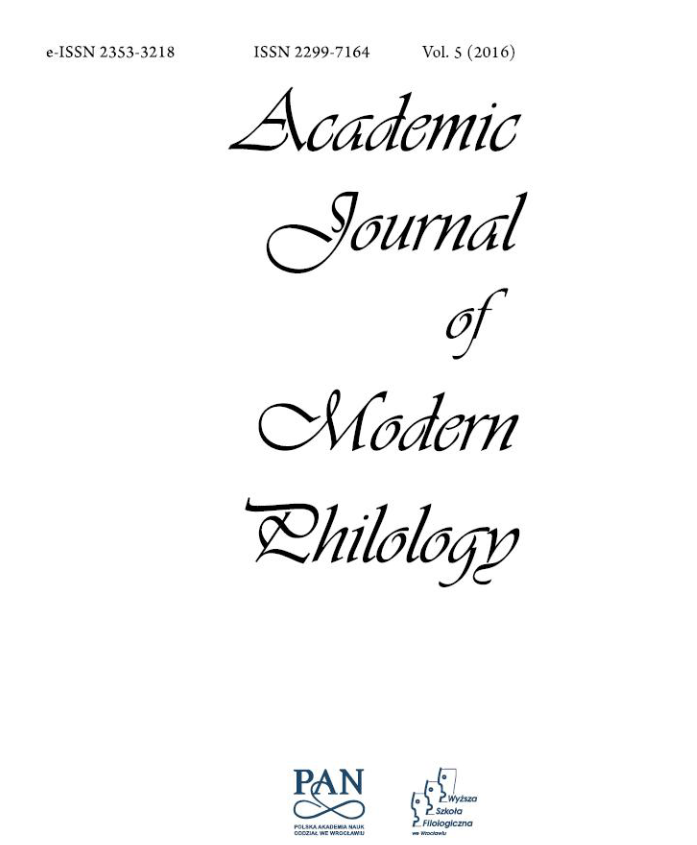Czech and Polish Analytic and Synthetic Anticausatives in Generative Morpho-Syntax
Czech and Polish Analytic and Synthetic Anticausatives in Generative Morpho-Syntax
Author(s): Anna Malicka-KleparskaSubject(s): Language studies, Language and Literature Studies, Morphology, Syntax
Published by: Komisja Nauk Filologicznych Oddziału Polskiej Akademii Nauk we Wrocławiu
Keywords: Slavic languages; morpho-syntactic systems; anticausatives; derivational morphology; Czech language; morphology
Summary/Abstract: Polish and Czech superficially resemble each other in the area of the anticausative formations. Their systems of anticausatives subsume synthetic and analytic “reflexive” anticausatives formed with almost identical morphological elements. Many other properties of the systems coincide, as for instance the fact that the “reflexive” morpheme does not occupy an argument position and that all anticausatives can be modified by similar prepositional phrases. Nevertheless, while in Czech parallels can be observed between stem forming vowels and resultative adjective forming suffixes, in Polish the forms no longer coincide in the same way: Czech distinction between stem forming vowels signals the presence of structures of different complexities, i.e. unaccusative, simple structures, and unergative, complex structures, in Polish the morpho-syntactic division cuts across the morphological exponents as anticausatives of all types possess fairly uniform unaccusative structures, while some of them share exponents, but not behavior, with stative verbs. Consequently, no correlation between the type of stem and the structural complexity argued by Medová (2011) for Czech can be traced in Polish. When considered more closely, the two languages prove to have very different anticausative systems.
Journal: Academic Journal of Modern Philology
- Issue Year: 2016
- Issue No: 5
- Page Range: 91-102
- Page Count: 12
- Language: English

